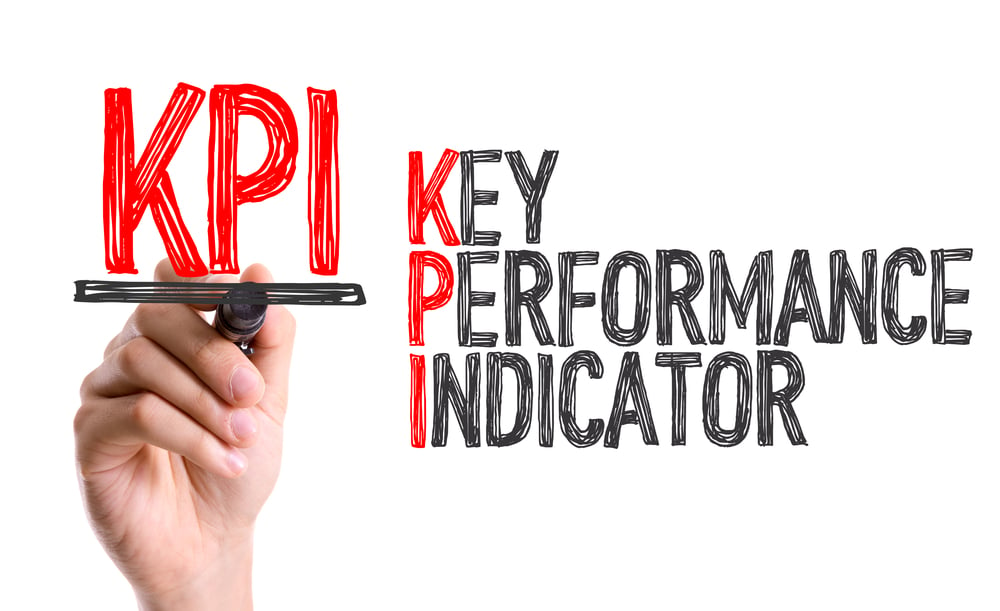Previously, we covered self-evaluations from the perspective of an employee, and how to successfully critique your work performance in order to impress your higher-ups. But what if you're the higher-up? Evaluating your employees' performance can feel awkward, especially if you're new to it, or have friendships with your coworkers. Even so, you've got to draw that line and embrace performance evaluations since they can be extremely helpful in tracking progress and fostering growth.
Keep reading for more tips on conducting performance evaluations in a way that will benefit both you and your employee.

Review every aspect of their performance. Begin by reading over your employee's job description for a refresher on their full list of responsibilities. You should have established expectations when they first joined the team. However, performance evaluations dive much deeper than what's in the job description.
When measuring your employee's success, ask yourself these questions. Do they complete all of their projects without missing any deadlines? How are their communication and technical skills? Are they open to change and acquiring new skills? Do they have a strong work ethic and a positive attitude? How do they get along with clients and other members of their team? How do they fare when presented with a particularly tough challenge? Do they demonstrate excellent leadership, attention to detail, or organizational skills? Asking these questions will help you start your performance evaluation on the right foot.
Success comes in many forms. Your employee may excel in one area or fall short in another. As you consider all of these factors, remember that there is always room for improvement--that's the whole point of these reviews in the first place.
Offer the opportunity for self-evaluation. This process should be a two-way street for communication between you and your employees. Before meeting for a review, give your workers a chance to self-evaluate by rating their own performance in various categories (for example, communication skills, work ethic, teamwork, etc.), and have them list their recent accomplishments. When you meet up, you can compare notes and discuss.
Make sure to give them a chance to read over your evaluation and respond to it as well. There are plenty of performance review templates available online if you have need, including these free templates by Smartsheet.

Provide constructive feedback. As we mentioned earlier, there is always room for improvement. Highlight your employee's strengths, but also be sure to include potential areas of improvement. Have a game plan as to how they can improve in these areas rather than simply pointing them out. Constructive criticism is helpful because it provides feedback that will help others acknowledge and improve their skills. Be honest, specific, and realistic when giving this feedback.
Above all, do not make the feedback personal. Keep it tied to work and their job performance. Don't go after their personality or fashion sense (unless they're breaking the dress code).
Evaluate the past, focus on the future. A performance evaluation may relate to the past year, but it should also look towards the future. Set goals for your employee to achieve in the next year or ask them what skills they hope to develop. Inquire what you can do to be an even more effective manager going forward.
A performance evaluation is typically held once a year, but feedback should be an ongoing process. Make sure to touch base with your workers every so often and keep track of KPIs (key performance indicators) so you can measure your business's success.

Remember, evaluations are an incredibly effective tool in improving an employee's work performance and creating a collaborative work environment! It ensures that expectations are being met, communication is a priority, and growth is valued.
If you truly value growth in your firm, then check out PBI's upcoming webcast replay "Paperless on a Few Pennies: Microsoft 365." Our expert presenters will provide information and guidance that will take your firm's office management to the next level while simultaneously helping out the environment in going paperless.


COMMENTS